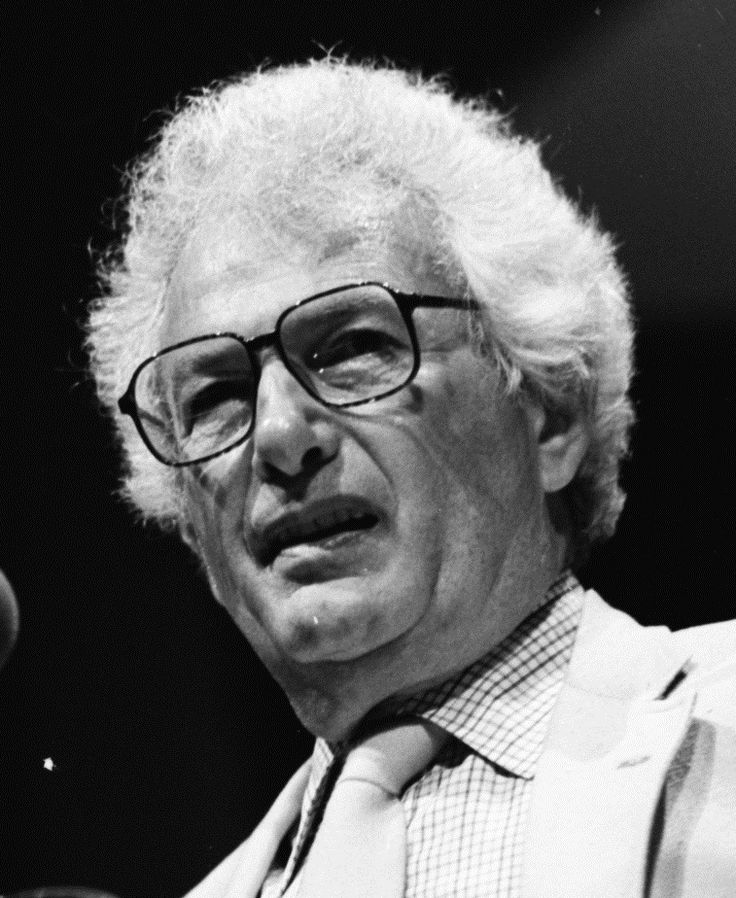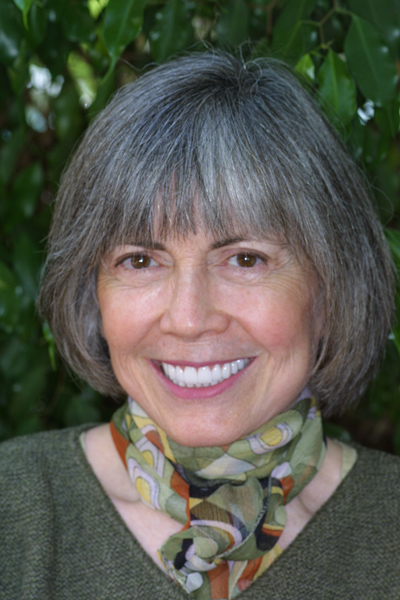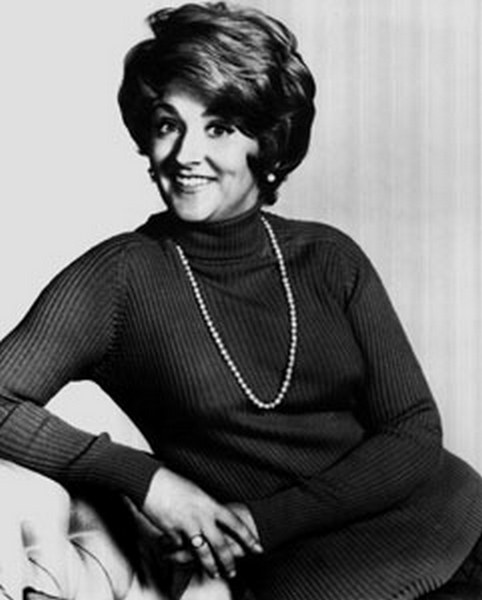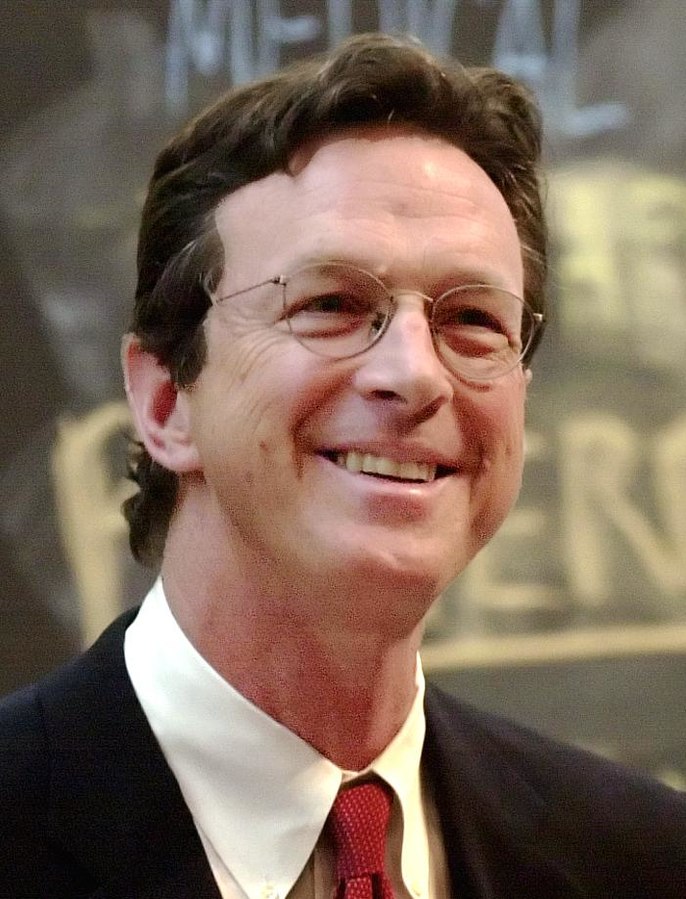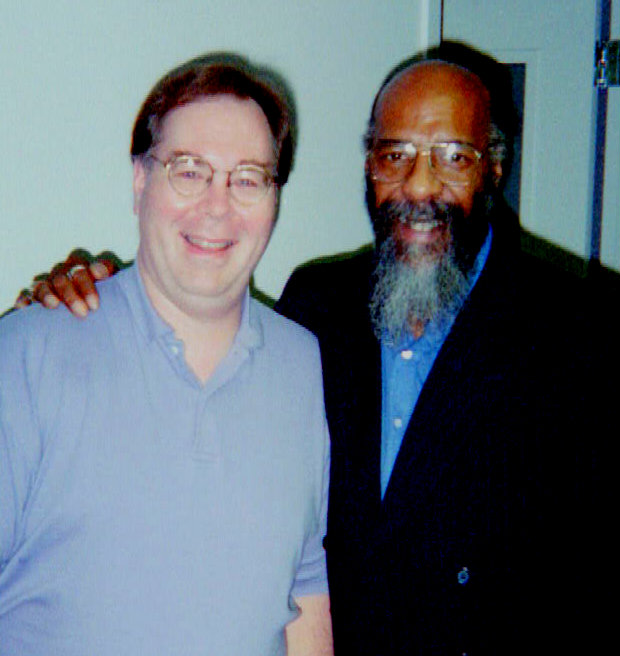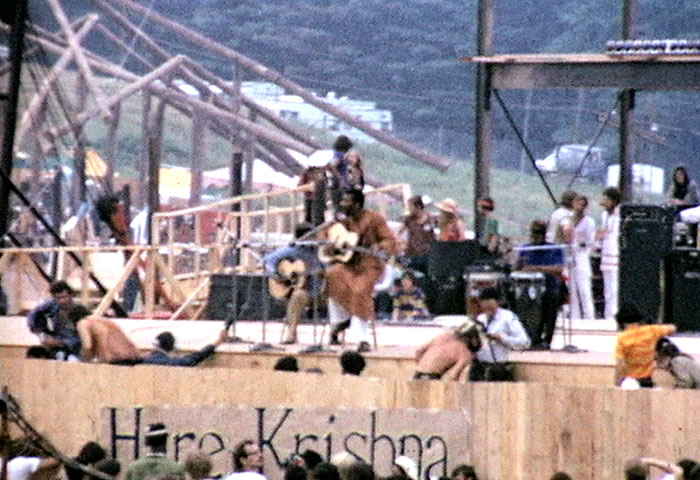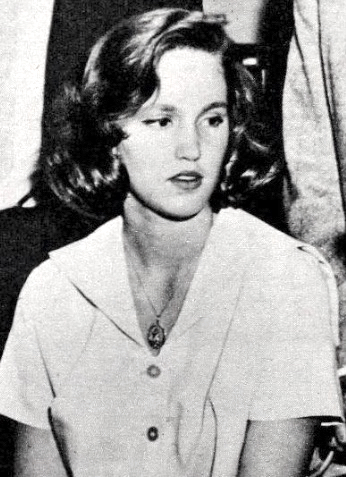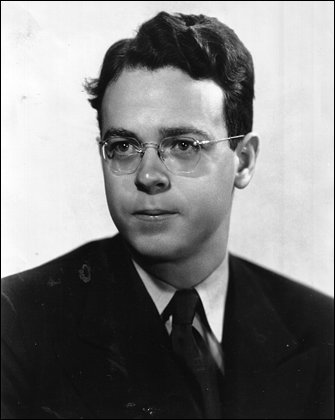All this week, I’ve been highlighting interviews I’ve done over the years with authors whose books became major motion pictures

Today, let me wrap up the week by taking you back to 1998, when I first met and interviewed a very personable, and a little bit shy, British author who had just written a book about a very personable, and a little bit shy, British woman named .. Bridget Jones.
“Bridget Jones’s Diary” was a nearly-instant bestseller. And why not? Helen Fielding drew such a sympathetic and realistic character, that Bridget actually gets mail — and Valentines.
“Bridget Jones’s Diary” the movie was released in 2001, starring Renée Zellweger as Bridget, Colin Firth, and Hugh Grant.
According to Wikipedia, a 2004 poll for the BBC named Helen Fielding the 29th most influential person in British culture.
And in 2016, the BBC’s “Woman’s Hour” included Bridget Jones as one of the seven women who had most influenced British female culture over the last seven decades.
